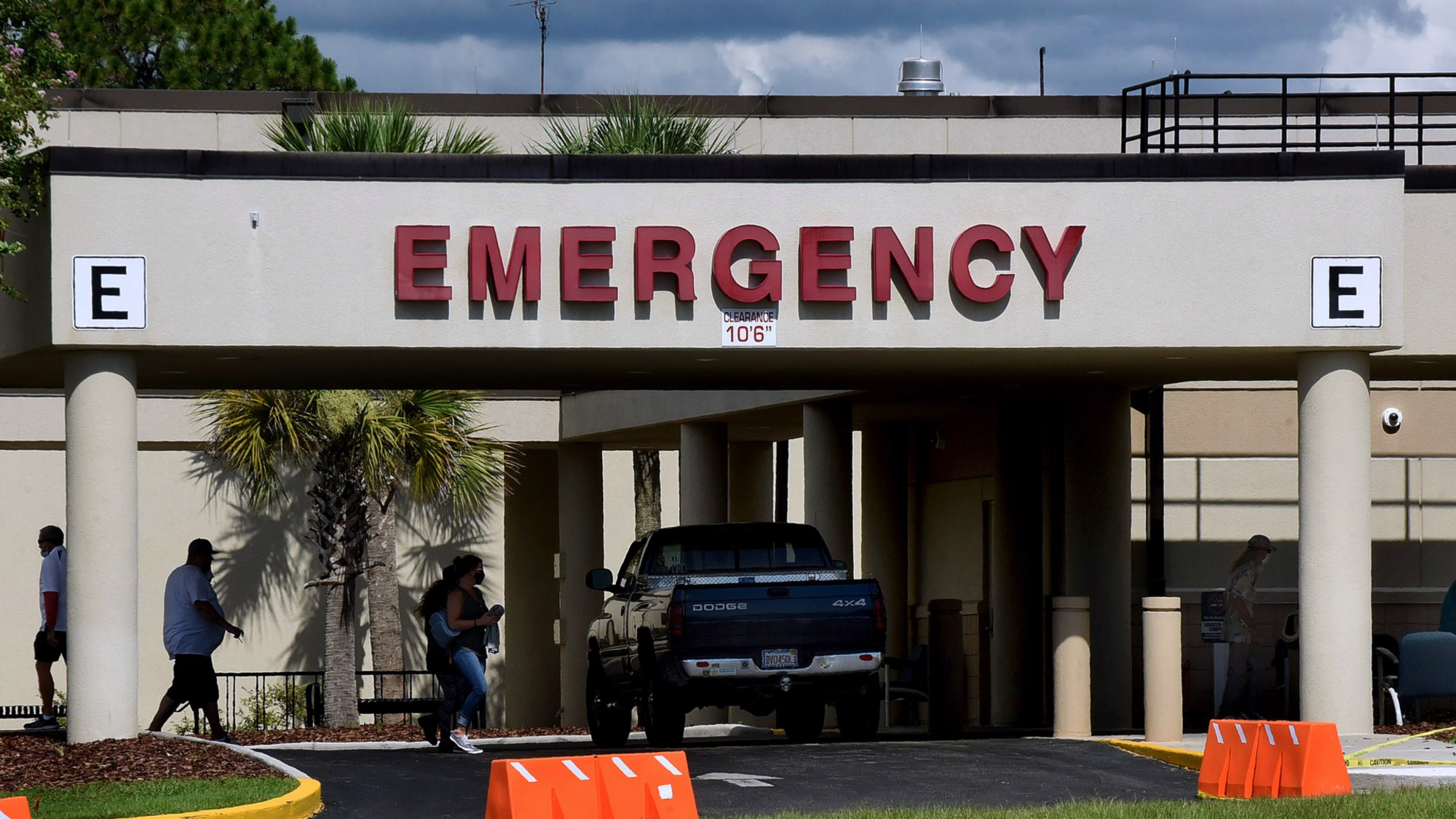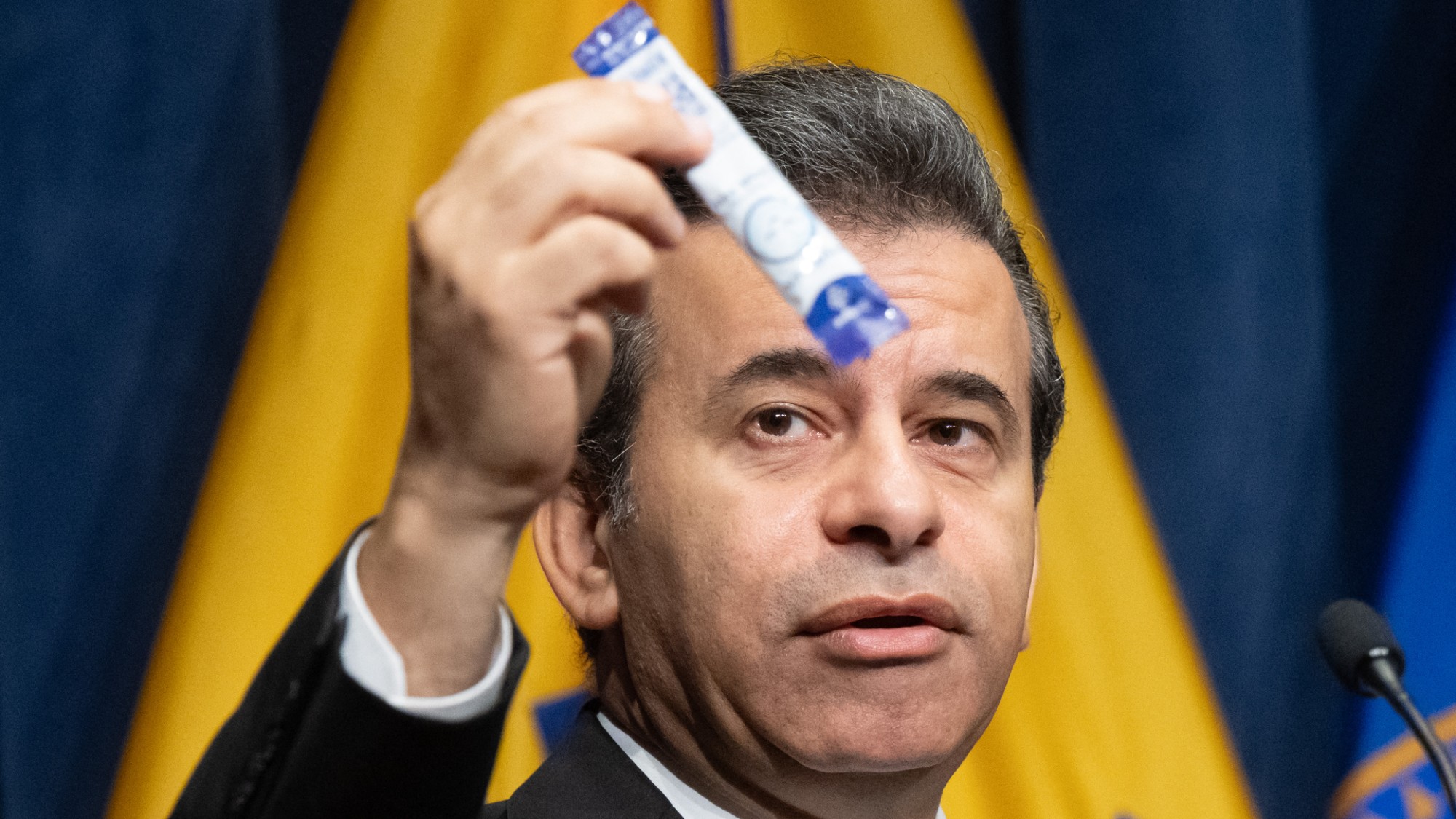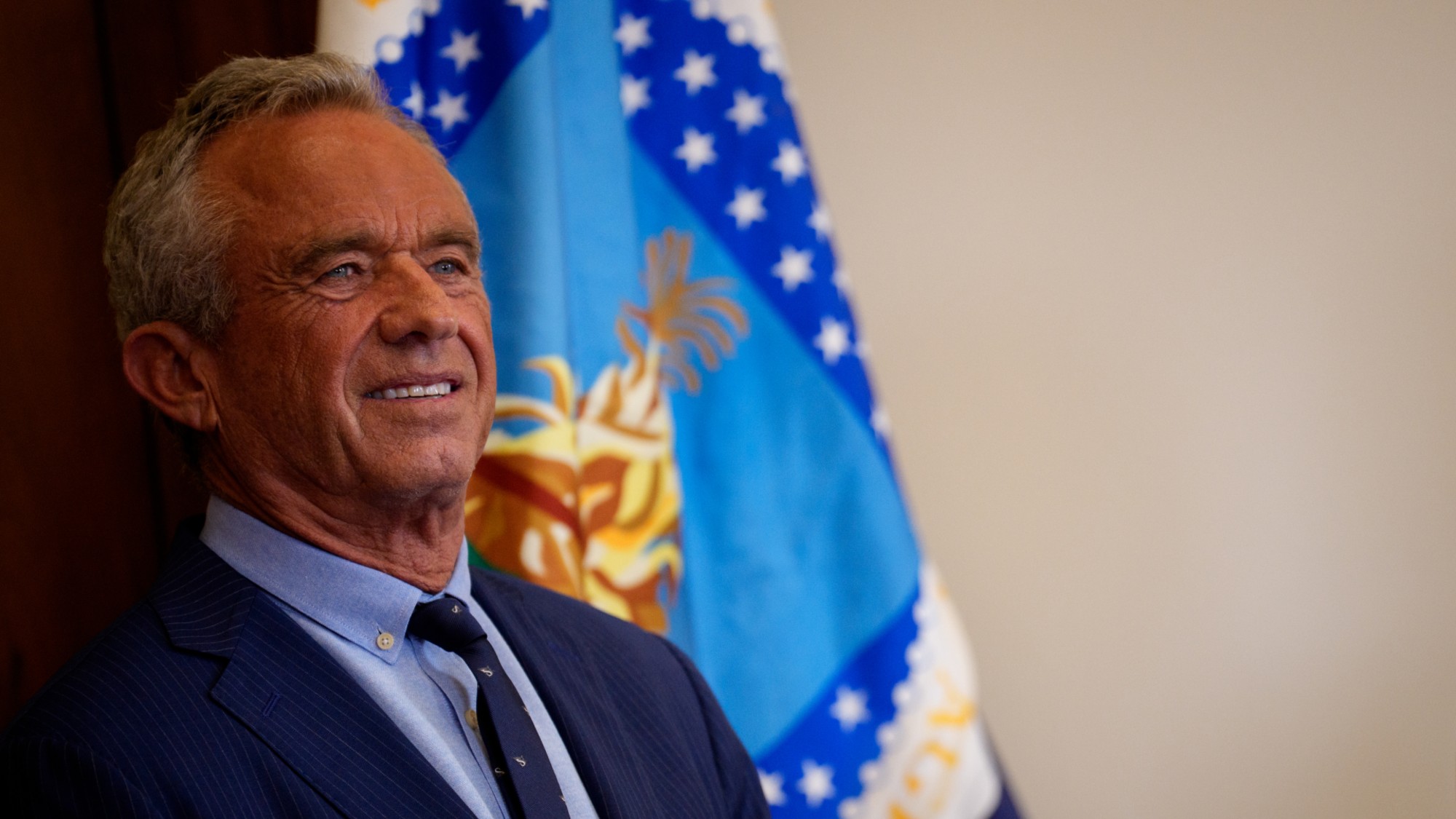Nursing is no longer considered a professional degree by the Department of Education
An already strained industry is hit with another blow


A free daily email with the biggest news stories of the day – and the best features from TheWeek.com
You are now subscribed
Your newsletter sign-up was successful
The Department of Education’s decision to exclude several professions from being considered professional degree programs, most notably nursing, has drawn outcry from nurses and nursing groups. The declassification, which restricts funding for students seeking graduate education, is a part of the department’s implementation of various student loan-related measures. Experts and nurse advocacy groups note that the industry is already suffering from a nursing shortage.
Why will nursing be excluded?
As part of the Trump administration’s “Big Beautiful Bill,” the Grad PLUS program, which helped graduate and professional students secure funding for educational costs, is being eliminated. The bill also creates a new Repayment Assistance Plan, under which new annual loans for new borrowers are capped at $20,500 annually for graduate-level students and $50,000 a year for professional students. Once the new measures are implemented on July 1, 2026, students enrolled in professional degree programs will be restricted to a $200,000 lifetime cap, while non-professional students will be subject to a lifetime limit of $100,000.
To clarify who had access to that money, the Department of Education determined the following programs as professional: medicine, pharmacy, dentistry, optometry, law, veterinary medicine, osteopathic medicine, podiatry, chiropractic, theology and clinical psychology. Nurse practitioners, along with physician assistants, audiologists and physical therapists, were omitted from that list. The goal of the changes is to ensure that borrowers will not face “insurmountable debt to finance degrees that do not pay off,” said Under Secretary of Education Nicholas Kent in a statement.
The Week
Escape your echo chamber. Get the facts behind the news, plus analysis from multiple perspectives.

Sign up for The Week's Free Newsletters
From our morning news briefing to a weekly Good News Newsletter, get the best of The Week delivered directly to your inbox.
From our morning news briefing to a weekly Good News Newsletter, get the best of The Week delivered directly to your inbox.
What could this mean for the future of nursing?
The changes have prompted pushback from nursing professionals and organizations, who say the funding cut will negatively impact an already strained industry. The proposed cap on federal student loans is “undermining efforts to grow and sustain the nursing workforce,” the American Nurses Association (ANA) said in a press release.
Nurses are the “largest segment of the health care workforce and the backbone of our nation’s health system,” said Jennifer Mensik Kennedy, the president of the ANA. At a time when the country “faces a historic nurse shortage and rising demands,” limiting access to funding for graduate education “threatens the very foundation of patient care.” For many underserved communities across the country, “advanced practice registered nurses ensure access to essential, high-quality care that would otherwise be unavailable.”
This is a “gut punch for nursing,” said Patricia Pittman, a professor of health policy and management and director of the Fitzhugh Mullan Institute for Health Workforce Equity at George Washington University, to Newsweek. Education is the “single best way to retain nurses, especially in rural and underserved communities.” Symbolically, the move is also “deeply insulting to nurses who have fought so hard to be recognized for their critical contributions to health care.”
The reaction to the declassification is “fake news at its finest,” said Department of Education Press Secretary for Higher Education Ellen Keast to Newsweek. The department has had a “consistent definition of what constitutes a professional degree for decades,” and the “consensus-based language aligns with this historical precedent.” It is not surprising that “some institutions are crying wolf over regulations that never existed because their unlimited tuition ride on the taxpayer dime is over.”
A free daily email with the biggest news stories of the day – and the best features from TheWeek.com
Theara Coleman has worked as a staff writer at The Week since September 2022. She frequently writes about technology, education, literature and general news. She was previously a contributing writer and assistant editor at Honeysuckle Magazine, where she covered racial politics and cannabis industry news.
-
 Political cartoons for February 15
Political cartoons for February 15Cartoons Sunday's political cartoons include political ventriloquism, Europe in the middle, and more
-
 The broken water companies failing England and Wales
The broken water companies failing England and WalesExplainer With rising bills, deteriorating river health and a lack of investment, regulators face an uphill battle to stabilise the industry
-
 A thrilling foodie city in northern Japan
A thrilling foodie city in northern JapanThe Week Recommends The food scene here is ‘unspoilt’ and ‘fun’
-
 Deaths of children under 5 have gone up for the first time this century
Deaths of children under 5 have gone up for the first time this centuryUnder the radar Poor funding is the culprit
-
 More adults are dying before the age of 65
More adults are dying before the age of 65Under the radar The phenomenon is more pronounced in Black and low-income populations
-
 Doctors sound the alarm about insurance company ‘downcoding’
Doctors sound the alarm about insurance company ‘downcoding’The Explainer ‘It’s blatantly disrespectful,’ one doctor said
-
 Private equity firms might be causing more deaths in hospital ERs
Private equity firms might be causing more deaths in hospital ERsThe Explainer Deaths in ERs purchased by private equity firms rose 13%
-
 Why the FDA wants to restrict kratom-related products
Why the FDA wants to restrict kratom-related productsIn the Spotlight The compound is currently sold across the United States
-
 A disproven medical theory could be guiding RFK Jr.'s health policy
A disproven medical theory could be guiding RFK Jr.'s health policyThe Explainer The miasma theory is one of the oldest medical beliefs in history
-
 Women need more pain management during gynecological procedures
Women need more pain management during gynecological proceduresUnder the radar Pain should no longer be ignored
-
 Protein obsession is oversaturating the health food space
Protein obsession is oversaturating the health food spaceUnder the Radar Some experts say that fiber is now the most important macro to focus on
